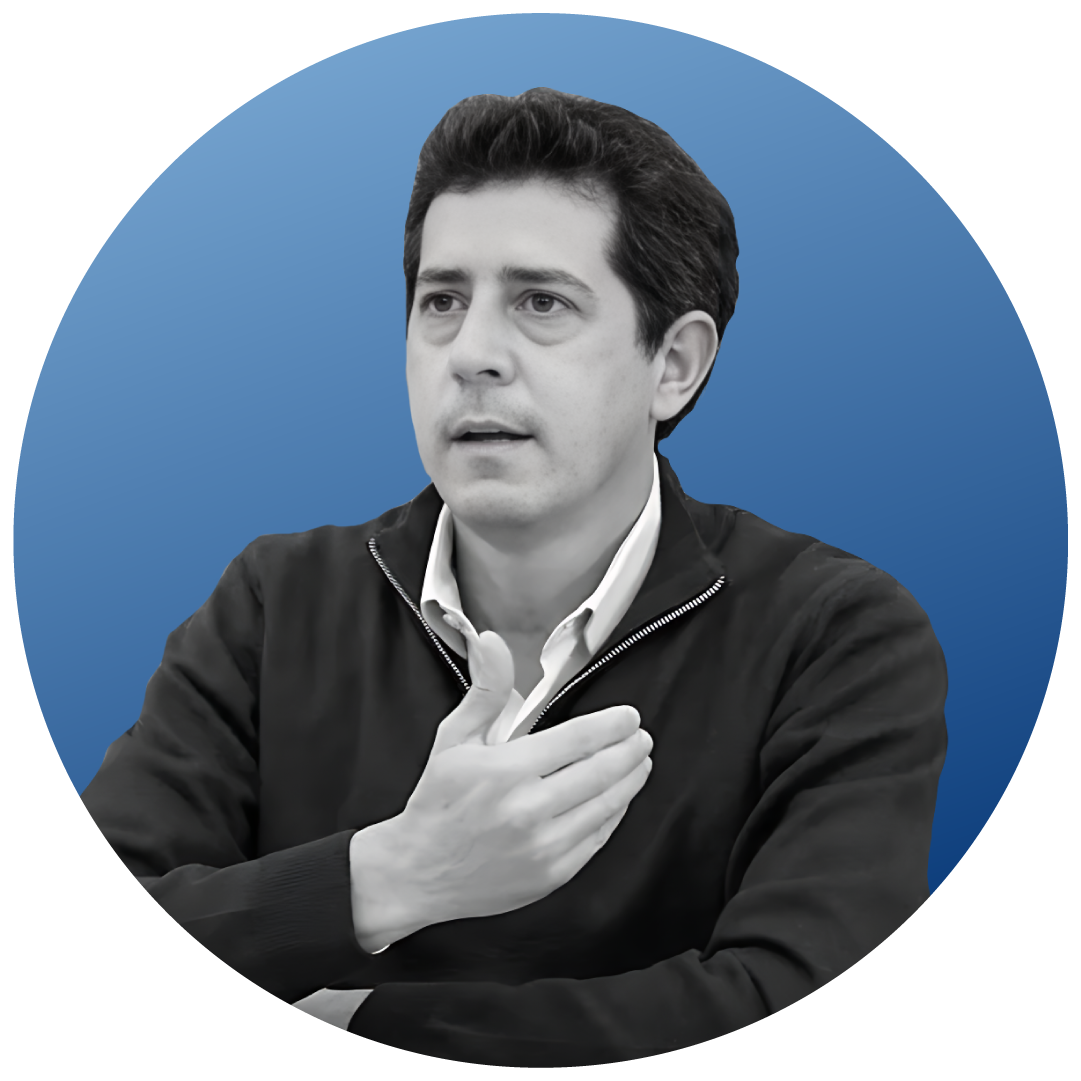Eduardo “Wado” de Pedro is the current Interior Minister*
In 2023 Argentina will celebrate four decades of uninterrupted democratic life, an unprecedented event in our nation’s history. It is an event that prompts us, as a society, to consider our collective achievements, frustrations, successes, and disappointments.
The social, economic and political situation we are experiencing as a country obliges us to contemplate what we have built in these forty years, not to feel overwhelmed by it, but to demand new commitments to ourselves, spark our enthusiasm, and forge creative projects that can foster unity and integration between us.
In light of our recent history, we know that the last civic-military dictatorship was the corollary of a bloody process that stunted rights, curtailed freedoms and disciplined society. But we also know that March 24, 1976 was the beginning of an economic process marked by indebtedness and increased inequality that has conditioned our democracy.
It would be a cliché to mention that this fortieth anniversary finds us far from the expectations of the social sectors that resisted and challenged the dictatorship. We must recognize where we are and have a precise diagnosis of the hardships we are facing. However, a realistic and critical view of our country shouldn’t lead us to skepticism or, worse still, distrust in the fundamental value of democracy.
People who promote a defeatist view of democracy and downplay the ignominy of the dictatorship are using legitimate social discontent to fuel hate speech and intolerance, and ultimately, to discredit political engagement as an essential nutrient of any democratic life.
It is true that we have recurring problems and unpaid social debts, but it is also true that their resolution requires more and better democracy, not less. It’s undeniable that there are demands none of the governments that have ruled the country since 1983 have been able to meet. Yet, neither can we deny that there were years when poverty and unemployment increased along with external indebtedness, while in other years, which we remember more fondly, the nation’s political sovereignty grew alongside improved purchasing power, industrial capacity, social inclusion, and the growth of the middle class.
It’s not all the same. Political forces don’t all represent the same interests, and that is healthy. That is what democracy is about: being able to synthesize different demands and understand diverse identities, trusting in coexistence, respect for human dignity and acceptance of clear ground rules. It’s not all the same, dictatorship or democracy. I say this as the child of victims of state terrorism and a political activist in a party that has suffered (and is suffering) persecution, intolerance and acts of violence. It does matter whether the rule of law exists or not, whether we can vote for our representatives, have mechanisms to safeguard the respect for our human rights, can exercise and defend our civil, political, social and economic rights.
The critical social situation that places millions of people in this country under the poverty line, the deterioration of institutional credibility, and the rise of political violence that peaked with the attempted assassination of the Vice President of the Nation, Cristina Fernández de Kirchner, forces us to assume more commitments, and to not hesitate about the unlimited defense of democratic values as the only reassurance for building a more just society.
Our own history and the acknowledgment of our own merits inspire us to be optimistic despite all the hardship. If we picture the transition to democracy, we’ll see a process that was socially constructed by diverse –even antagonic– sectors who, despite the horror and the terror, united to face the dictatorship, denounce the crimes that were taking place and lay the foundations for the longest democratic period we have known. They were all protagonists: human rights organizations, the “Multipartidaria” (‘party conglomerate’), the workers’ movement that organized the “Peace, Bread and Jobs” march, the artists, and the thousands of people who resisted.
We are currently witnessing the emergence of a “democratic generation”, since the vast majority of Argentines were born and raised within the framework of a country that elects its governments by popular vote. This generation will now have to spearhead a new transition process that will lead us towards a fuller and more substantial democracy, one that will be able to fulfill the promises of the past.
We must have a prospective outlook, a perspective of the future, that will provide confidence and commitment to democratic values, because there is a prevailing need to recover fragmented social relations and to consolidate a country that can resolve its political, economic and social difficulties effectively and definitively. We urgently need to build fundamental agreements that enable a more integrated nation, one that is capable of exploiting all of its productive, economic and cultural potential and thus guaranteeing the well-being of its people, without pettiness or selfishness.
On this fortieth anniversary, with thanks to those who risked their lives defending democracy, we must have a commemorative view that can contribute to collective memory. We also deserve to have a celebratory perspective and identify our achievements, of which there are plenty, because no nation can get ahead without healthy self-esteem. But, above all, for all the men and women who fight for their families every day and build a more dignified nation, and for the debts we bear, we need to assume a renewed political commitment that convinces us, excites us and demands that we live up to our history.
* During the last dictatorship, Wado de Pedro was kidnapped as a baby by military forces in an operation in which his mother was murdered. Three months after his abduction, the military returned him to his family.




